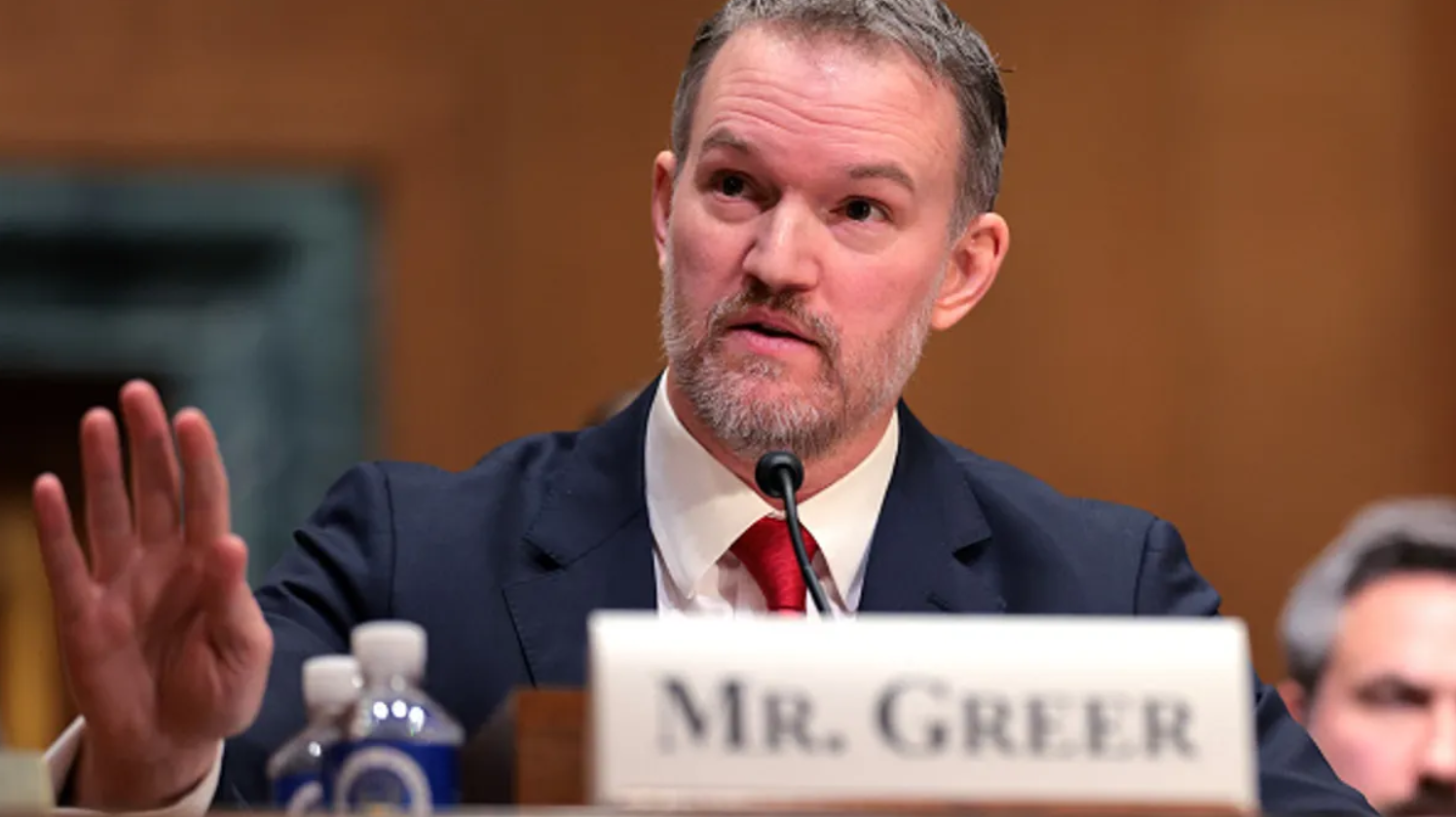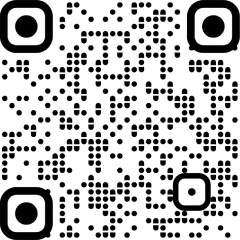
New US tariff rates are “pretty much set” with little immediate room for negotiation, Donald Trump’s trade advisor said in remarks aired Sunday, also defending the president’s politically driven levies against Brazil.
Trump, who has wielded tariffs as a tool of American economic might, has set tariff rates for dozens of economies including the European Union at between 10 and 41 per cent come August 7, his new hard deadline for the duties.
In a pre-taped interview broadcast Sunday on CBS’s “Face the Nation,” US Trade Representative Jamieson Greer said “the coming days” are not likely to see changes in the tariff rates.
“A lot of these are set rates pursuant to deals. Some of these deals are announced, some are not, others depend on the level of the trade deficit or surplus we may have with the country,” Greer said.
“These tariff rates are pretty much set.” Undoubtedly some trade ministers “want to talk more and see how they can work in a different way with the United States,” he added.
But “we’re seeing truly the contours of the president’s tariff plan right now with these rates.”
Last Thursday, the former real estate developer announced hiked tariff rates on dozens of US trade partners. They will kick in on August 7 instead of August 1, which had previously been touted as a hard deadline.
Among the countries facing steep new levies is Brazil. South America’s largest economy is being hit with 50 per cent tariffs on exports to the US – albeit with significant exemptions for key products such as aircraft and orange juice.
Trump has openly admitted he is punishing Brazil for prosecuting his political ally Jair Bolsonaro, the ex-president accused of plotting a coup in a bid to cling to power. The US president has described the case as a “witch hunt.”
Meanwhile White House economic advisor Kevin Hassett said that while talks are expected to continue over the next week with some US trade partners, he concurred with Greer’s tariffs assessment in that the bulk of the rates “are more or less locked in.”
Asked whether Trump could change tariff rates if financial markets react negatively, Hassett said: “I would rule it out, because these are the final deals.”

